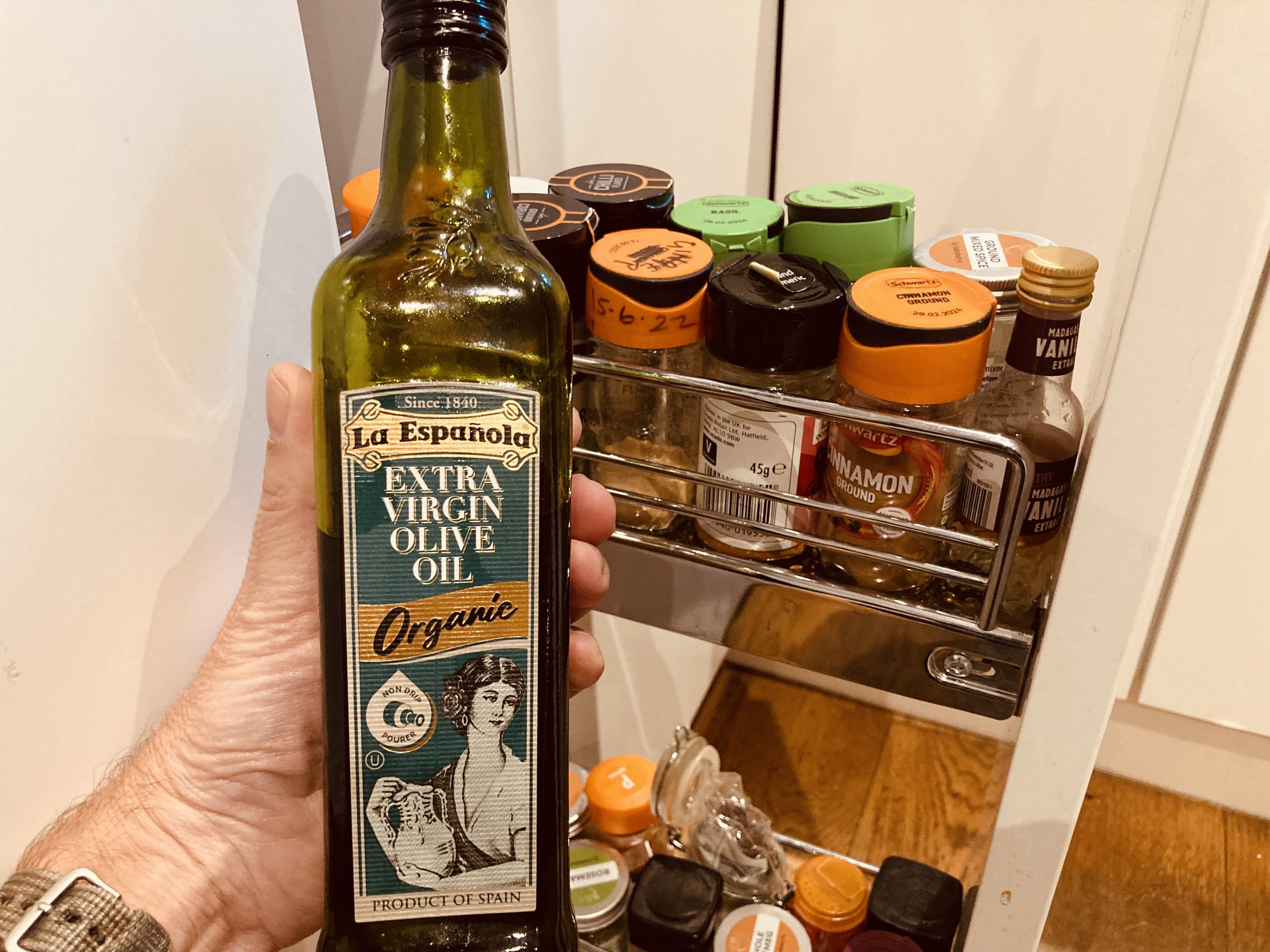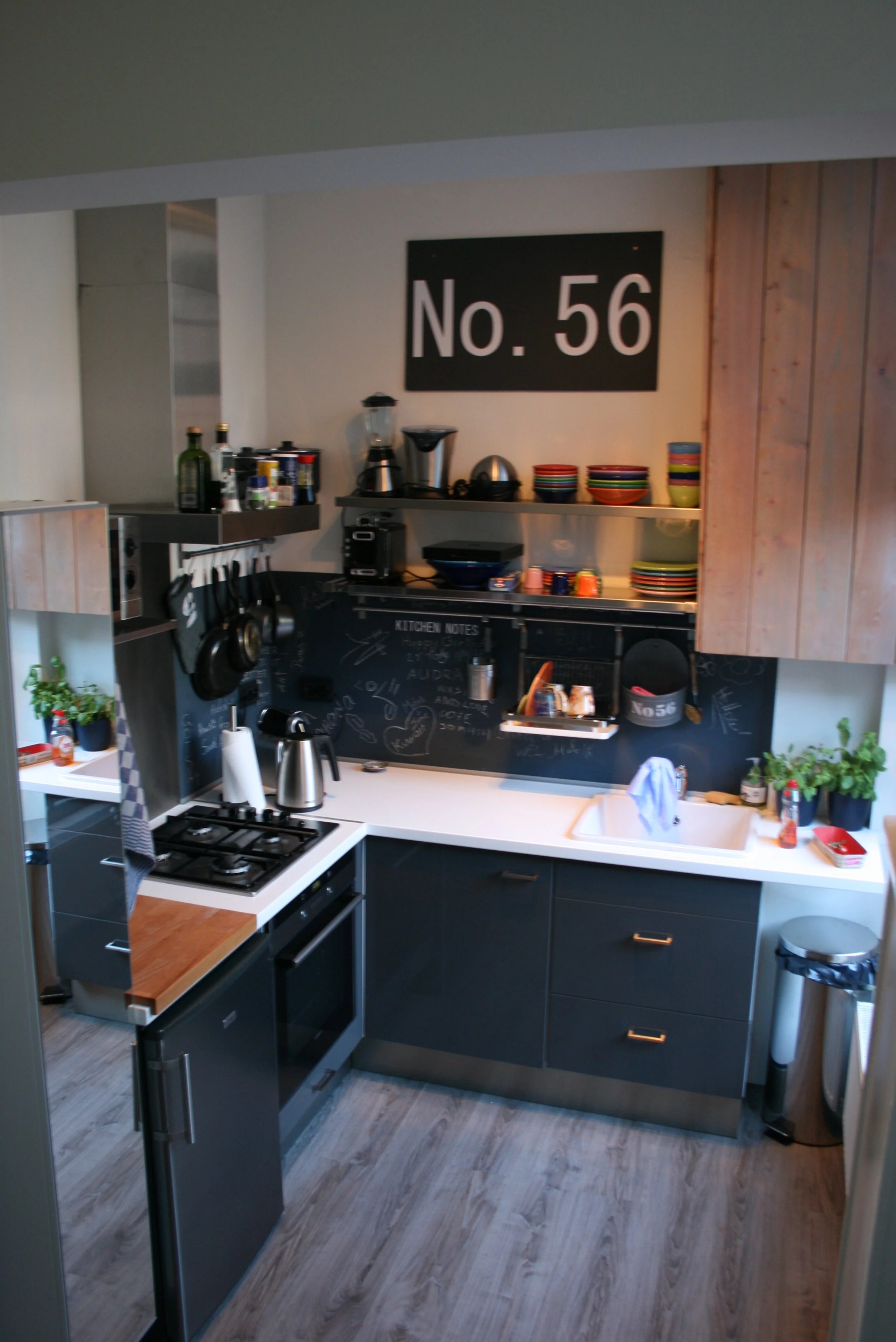Passing the Olive Oil Test
A few years ago we booked an apartment from a rental company for a holiday in Barcelona. When we arrived the sun streamed into the tall ceilinged white rooms. I checked out the kitchen: it was fine but it lacked the essentials, there was no olive oil, no salt and pepper.
It may sound trivial, but in my experience but if an apartment fails the ‘olive oil test’, that says a lot about the attitude of the people or business letting it out.
In that same month I stayed at an Airbnb for a business trip to Amsterdam. The difference in experience was huge. The apartment in Amsterdam was stocked with usefulness. A kitchen (pictured below), not only with olive oil, but also fresh herbs, coffee capsules, tea bags, cookies, wine, mustard and sauces. A living area with fresh flowers and magazines.
In the Amsterdam apartment it felt like my host was providing a place she herself would like to stay in; in Barcelona, they were letting a space, not providing an experience.
My ‘does it pass the Olive Oil test?’ reminds me of Tom Peters’ observation about dirty tray tables on airplanes in his book In Search of Excellence. If the tables aren’t wiped clean what does that say about the airline’s approach to engine maintenance and safety? “If they can’t get the little things right, what about the big things?”
The Barcelona apartment experience has stayed with me. Whilst it’s no surprise that intimate human-centred experiences beat impersonal cookie-cutter ones, this is an opportunity that many small brands and businesses can leverage. Because in tough markets, especially where there's an abundance of choice, there's one thing we can always compete on:
To compete on intimacy, to think about the quality of experience, to put ourselves in the shoes of the customer, and to always make available - our respective version - a bottle of Olive Oil.


